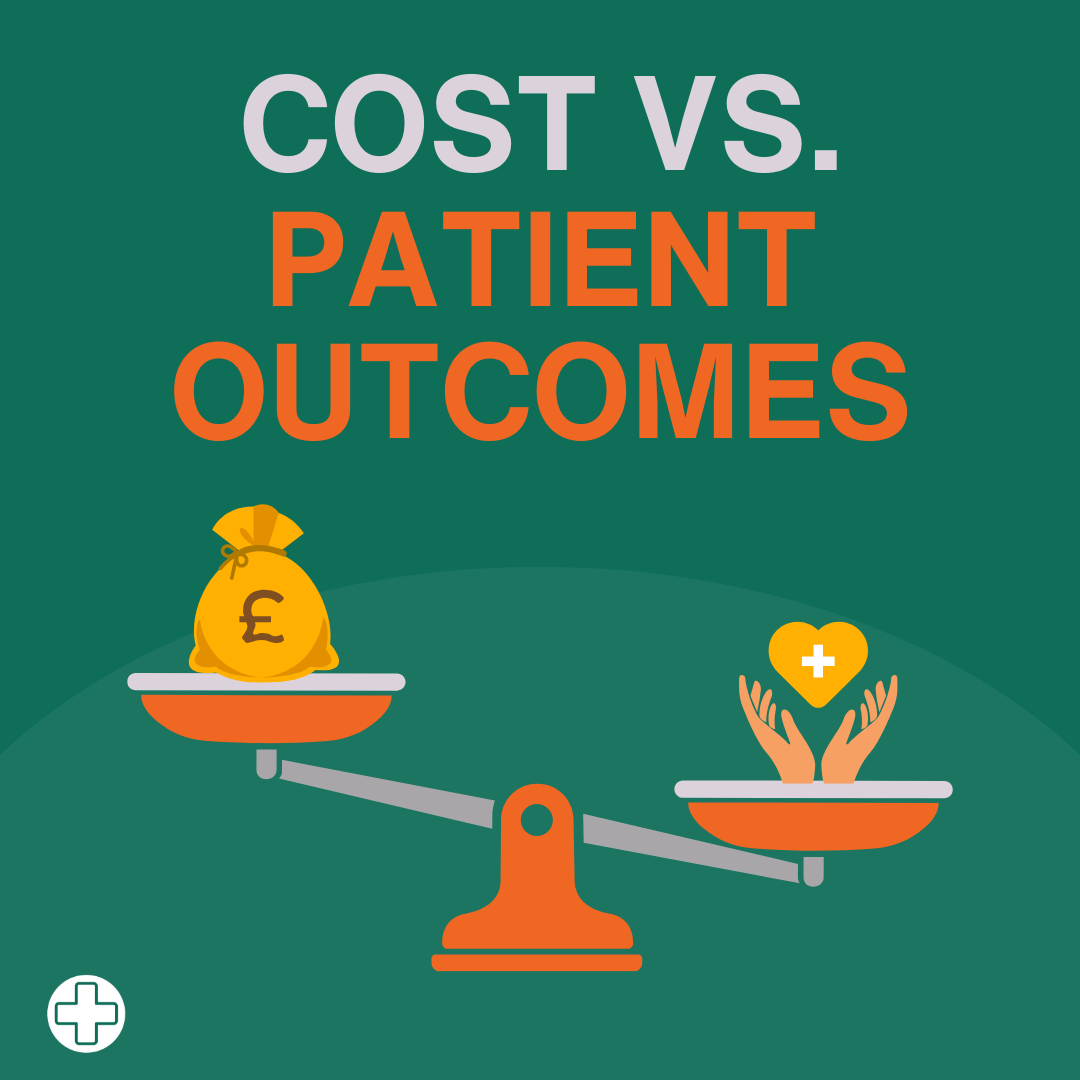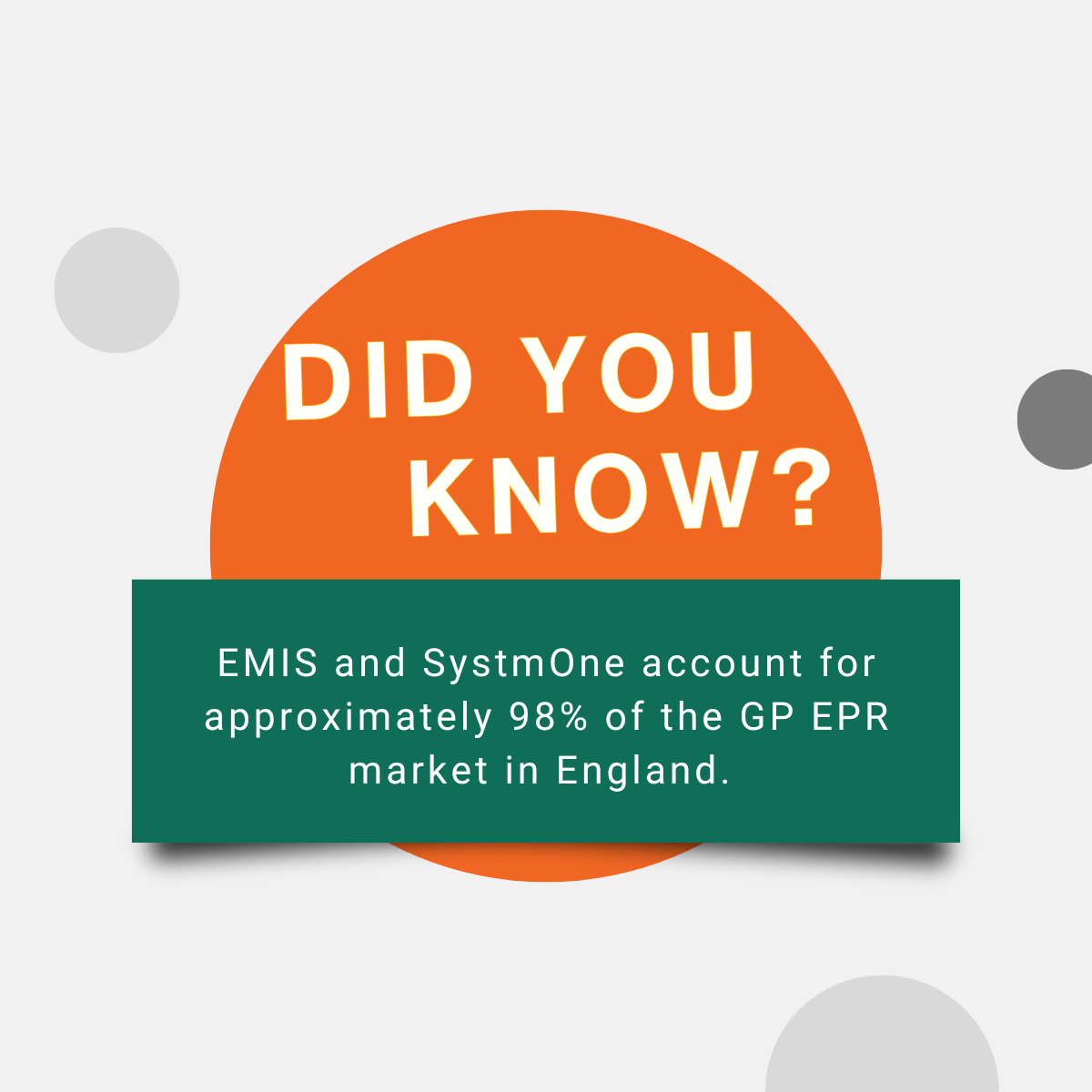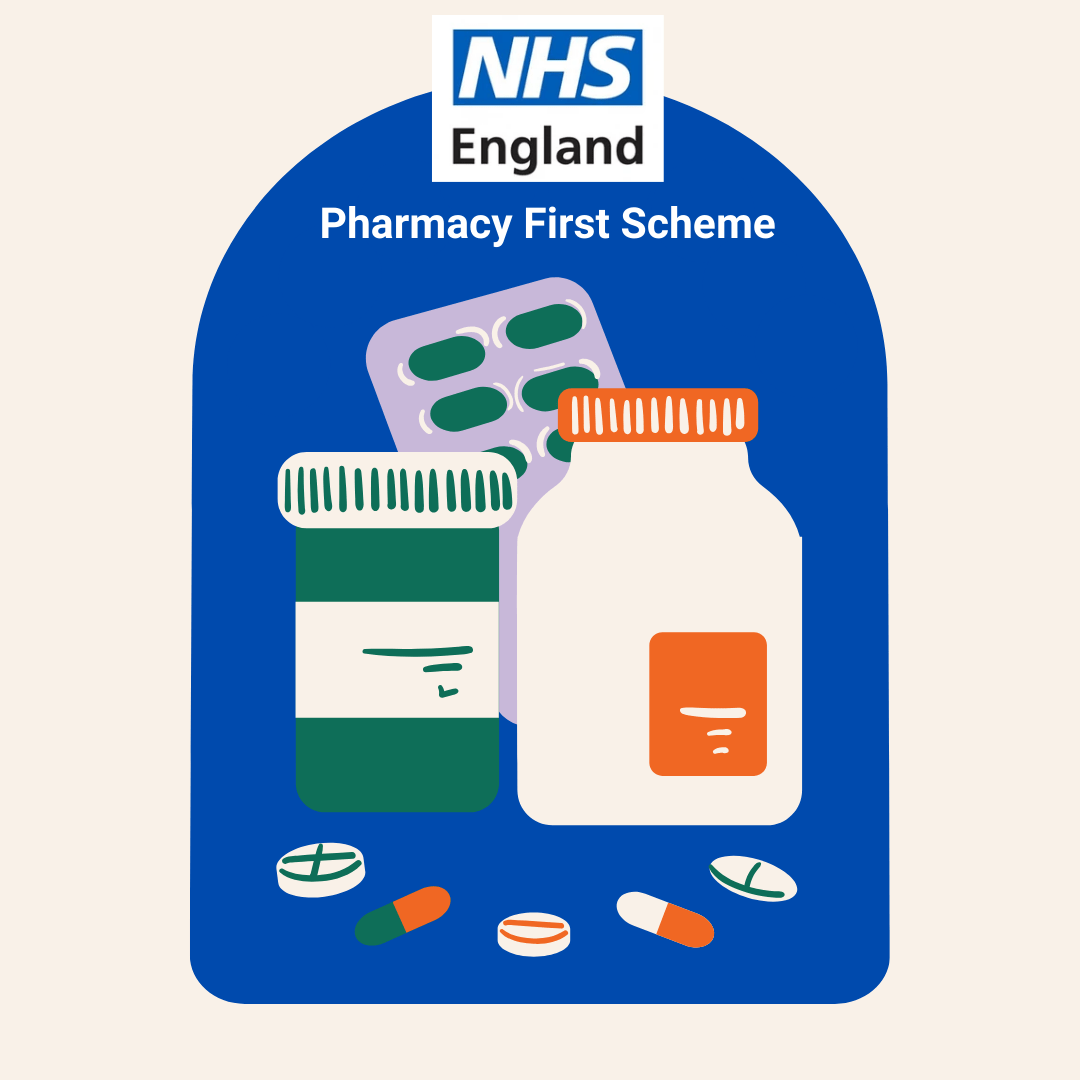4 common mistakes ICBs make when commissioning digital health solutions - and how to avoid them
Integrated Care Boards (ICBs) have a lot on their plates. The pressure to modernise care, make smarter use of technology, and keep everything joined up, it’s considerable. With the NHS leaning more heavily into digital first models, and the emphasis on integrated, patient centred care only growing, the stakes feel high.
But even with the best of intentions, it’s easy to misstep when commissioning digital solutions. We’ve seen it happen. Maybe not dramatically (not always a headline worthy blunder) but in subtle, compounding ways that set programmes back or limit their impact.
Based on conversations we’ve had with ICB leaders across the country (and a few hard learned lessons), here are four common pitfalls. If you recognise any of these, you’re not alone, and there are, thankfully, straightforward ways to steer clear of them.
Mistake no.1: putting price before patient outcomes
It’s understandable. Budgets are tight. The need to show value is constant. But sometimes, in the rush to make procurement decisions stack up financially, longer term impacts get… overlooked.
A low cost digital tool might look appealing on paper (especially if you’re juggling a dozen competing priorities) but if it ends up needing constant workarounds, clunky integrations or retraining for staff, that initial saving starts to evaporate.
In some cases, it even creates more friction for patients. More steps. Less clarity.
How to avoid it:
Shift the conversation from cost to value. Not just in theory, ask vendors to demonstrate tangible results. Improvements in patient flow, efficiency gains, even qualitative feedback from patients or staff. These aren’t just nice to have, they’re indicators that the solution is genuinely helping.
Think of it less like a tech purchase, more like a step in redesigning care delivery. That lens tends to focus attention in the right places.

Mistake no.2: underestimating integration
Here’s one we hear about after the fact more often than we’d like. An ICB picks a platform that ticks all the boxes… except the one labelled “Will it actually work with our existing systems?”
It sounds like a technical detail. It isn’t.
When systems don’t talk to each other, data siloes reappear. Staff end up double handling information. And from the patient’s perspective? It feels disconnected.
How to avoid it:
Make interoperability non-negotiable. Ask early (and ask clearly) about integration with NHS Spine services, use of FHIR standards, existing EMIS or SystmOne compatibility, and anything else your region relies on.
Don’t just take a “yes” for an answer either. Ask for examples. Where has this solution been implemented successfully in the NHS? What were the headaches? Were they resolved?
Integration isn’t a back office issue, it shapes the whole user experience.

Mistake no.3: commissioning for today, not tomorrow
It’s tempting to focus on fixing immediate problems. That waiting list. That access issue. The patchy data. And rightly so, those things need attention.
But if you commission a solution that only meets today’s need, you might find it starts to creak a year or two down the line. The pace of change in digital health is relentless, and national strategy is evolving just as quickly.
How to avoid it:
Look for suppliers who don’t just solve the current problem but have a clear plan for what comes next. What’s their roadmap? Are they keeping pace with NHS digital priorities? Are they innovating?
It’s not about chasing buzzwords, it’s about making sure your investment grows with you. Scales as demand shifts. Adapts to future models of care.
Future proofing isn’t a bonus, it’s survival.

Mistake no.4: overlooking national initiatives
This one’s subtle. An ICB might commission a tool that improves things internally, say a slicker referral process between teams. Great. But if that tool doesn’t align with broader NHS schemes like Pharmacy First or Enhanced Access? It risks missing the bigger opportunity.
And that can mean missing out on funding, support and momentum.
National initiatives aren’t just policies. They’re springboards. They give your programmes more impact and legitimacy, especially when engaging stakeholders.
How to avoid it:
Stay plugged into what’s happening nationally. If you’re commissioning digital triage tools, ask whether they support referral into Pharmacy First. If you’re investing in access platforms, can they support Community Pharmacy Consultation Services?
Ask vendors how their product enhances (or at the very least doesn’t conflict with) NHS-wide priorities. The good ones will already have thought about this. And they’ll be able to show you how.

So, what now?
Commissioning digital solutions isn’t just about software procurement anymore. It’s about shaping care pathways. Designing patient experiences. Meeting clinical, operational and strategic needs in one go.
No easy task. But also, a huge opportunity.
If you can sidestep these four common missteps, you’re already doing better than most. You’re commissioning with foresight, alignment, and a genuine commitment to delivering digital first care in a way that’s real – not just aspirational.
A quick word from us
At Referral Flow, we’ve worked closely with ICBs navigating all of this. Our platform is designed with those realities in mind: integration headaches, policy shifts, frontline challenges. We know what gets in the way, and what actually helps.
We’re running a short webinar soon on one of the biggest opportunities right now:
🗓 Pharmacy First in Action: Reduce GP Appointments & Streamline Care
📅 29th May | 🕑 2–2:30pm
Come along if you’re curious. Or sceptical. Or both.
FAQs: commissioning digital health solutions for ICBs
1. What matters most when commissioning digital health platforms?
Honestly, alignment. With NHS strategy, with your existing systems, and with the outcomes you want to deliver. That, and choosing tools that can grow with you.
2. How do digital solutions support NHS transformation?
By creating smoother triage, speeding up referrals and reducing handoffs. They help ICBs break down siloes, reduce GP load and connect patients to the right care faster.
3. Why is integration such a big deal?
Because without it, everything slows down. Staff work harder for less. Data gets patchy. Patients get confused. Integration isn’t an IT concern, it’s a care quality concern.
4. How can NHS initiatives like Pharmacy First influence commissioning?
They show what should be possible. If your digital platform supports those schemes, you’re not just aligned, you’re extending their impact.
5. What if we don’t future proof our digital choices?
You’ll be back at square one sooner than you think. With higher costs, more frustration and a solution that no longer fits. It’s avoidable, but only if it’s planned for.
